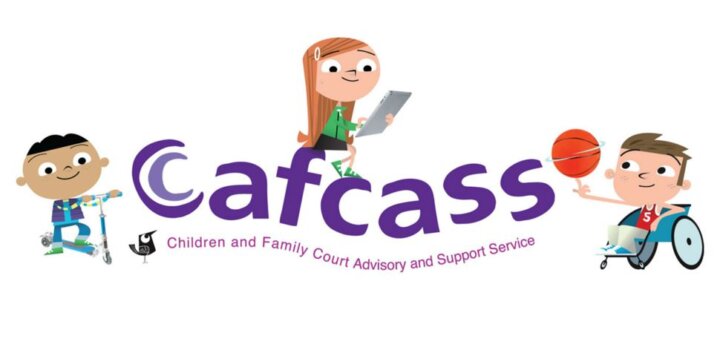There are many reasons why a parent may wish to change their child’s surname. With an increase in the number of blended families in modern society, greater numbers of parents desire half-siblings to share the same surname – more so the case where the child, unfortunately, no longer has an ongoing relationship with the other biological parent. There are also cases where one parent claims they were under emotional and/or physical control by the other when registering the child’s name at birth. Or, where a parent might find it distressing for a child to retain the surname of a violent ex-partner.
In order to be able to change a child’s surname, anyone with parental responsibility, including an ex-partner, must consent to the change. If those with parental responsibility cannot agree on the change, where consent to change is refused, an application to the court for permission to change the child’s name must be made
In court, when considering an application, a number of factors will be taken into account. Where a parent plays an active role in the child’s life, the court will recognise the importance of maintaining this link. Where a parent is less active, or there are issues in regard to a parent’s character or behaviour, the court must carefully balance whether a change of surname is in the child’s best interests. Where a child is older, the court will often take the child’s view on the change into account.
If there is a residence order in respect of the child, a freestanding application for permission can be made under section 13 of the Children Act 1989. In this scenario, there is no specific duty for the court to have regard to the welfare checklist in section 1 (3) of the Children Act 1989. In practice, however, following the case of Dawson v Wearmouth and Re W, Re A, Re B the court is likely to take into account the section 1(3) welfare checklist. If there is no residence order in place, the application to change the child’s name should be made under section 8 of the Children Act 1989, and in this case, the court must have regard to the section 1(3) Powers of the Court under Section 8 Children Act 1989.
It is probably safer to assume that the court will have some regard to the section 1 (3) welfare checklist. Where a Cafcass officer has had involvement with a case, their support for a change of surname will carry particular weight. In fact, the court may request a specific welfare report to address section 1(3) of the welfare checklist, following the cases of Dawson v Wearmouth [1999] and the case of AB v BB and Others [2013] EWHC 227 (Fam).
An order made in respect of a change of surname may also be appealed. In Re R (Surname: Using Both Parents) [2001] EWCA 1344, the Court of Appeal set aside an order allowing a mother to change her child’s surname to that of her current partner and instead, encouraged the practice of giving the child a surname containing the names of both parents.
The Family Court is very keen to see parents reaching a compromise. This might include giving the child a double-barrelled surname – an outcome, in practice, we have seen being ordered by a Court at a final hearing. The parent’s surnames are merged together with the use of a hyphen to reflect the blended identity of both families.
The two leading cases setting out the legal principles in this area of law are the House of Lords’ decision in Dawson v Wearmouth [1999] 2 WLR 960, [1999] 1 FLR 1167 (HL) and the Court of Appeal’s decision in Re W, Re A, Re B (Change of Name) [1999] 2 FLR 933.
If a court orders a change of surname, the name must be changed by deed poll.
If you would like to receive further advice about whether it might be possible to change your child’s surname, contact us at Rayden Solicitors.
















